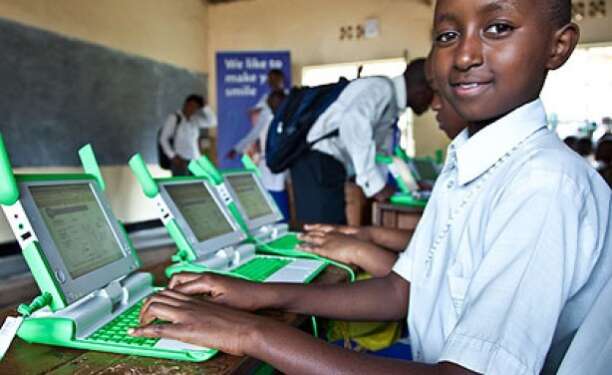In 2019, 9 per cent of the GDP in Africa was contributed by mobile technologies and services. This means the mobile industry in Africa is fueling sound growth and social impact necessary for acquiring sustainable economic growth.
The world is interconnected and it is getting seamlessly interconnected by the hour each day. This means the more you get digitally connected the more knowledgeable, wealthy and creative you become, to say the least.
This scenario is manifesting itself across developing countries, especially in Sub-Saharan Africa, where ingenious innovations are made in Rwanda, Kenya, Uganda, South Africa and Tanzania, featuring seamless use of online platforms to learn, earn a living and access services.
[elementor-template id="94265"]
